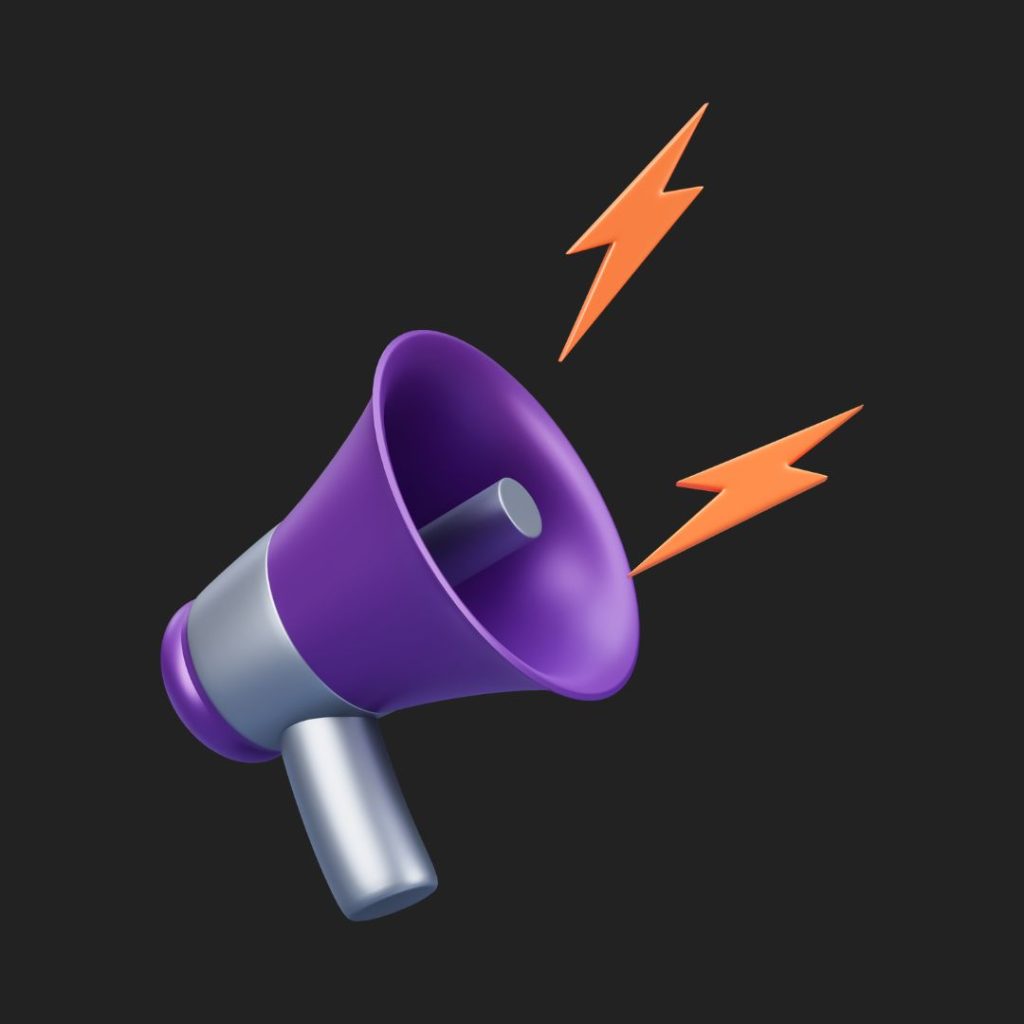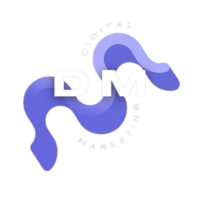The rise of artificial intelligence (AI) has significantly impacted the way businesses approach marketing. One of the most promising and potentially transformative areas where AI is making a significant impact is in predictive marketing. Predictive marketing involves the use of data, analytics, and machine learning to predict which marketing strategies are most likely to succeed. In this article, we’ll explore in detail the role of artificial intelligence in predictive marketing, and how it can help businesses improve their marketing efforts.
Understanding Predictive Marketing
Predictive marketing is a data-driven approach that leverages data and analytics to identify patterns in customer behavior and predict their future actions. By analyzing past behavior and other data, businesses can identify trends and make informed decisions about how to allocate their marketing resources. Predictive marketing can be used to predict which customers are most likely to make a purchase, which marketing campaigns are most likely to be successful, and which products or services are most likely to resonate with customers.
Predictive marketing has become a vital tool for businesses, as it enables them to take a data-driven approach to marketing. It allows businesses to make informed decisions about how to allocate their marketing resources, ensuring they are targeting the right customers with the right messages at the right time. By doing so, businesses can increase their conversion rates, sales, and revenue.
The Role of Artificial Intelligence in Predictive Marketing
Artificial intelligence is crucial to predictive marketing because it allows businesses to analyze vast amounts of data quickly and accurately. By using machine learning algorithms, AI can identify patterns and trends that humans might miss, providing more accurate predictions of customer behavior. AI can also help businesses personalize their marketing efforts by analyzing customer data and creating targeted marketing campaigns.
One of the most significant advantages of using AI in predictive marketing is that it can help businesses identify potential customers who are most likely to make a purchase. By analyzing data such as customer demographics, past purchases, and browsing behavior, AI can identify customers who are most likely to convert and target them with personalized marketing messages. This can lead to higher conversion rates and more effective use of marketing resources.
AI can be used in predictive marketing in several different ways, including predictive customer segmentation, product recommendations, predictive lead scoring, and automated personalization. Let’s take a closer look at each of these applications:

Predictive Customer Segmentation
AI can be used to segment customers into different groups based on their behavior and preferences. By analyzing data such as past purchases, browsing behavior, and demographics, AI can identify different customer segments and create targeted marketing campaigns for each segment.
Product Recommendations
AI can be used to recommend products or services to customers based on their past behavior and preferences. By analyzing data such as past purchases, browsing behavior, and search queries, AI can recommend products that are most likely to appeal to each customer.
Predictive Lead Scoring
AI can be used to score leads based on their likelihood to convert. By analyzing data such as past purchases, browsing behavior, and demographic information, AI can identify leads that are most likely to convert and prioritize them for follow-up.
Automated Personalization
AI can be used to personalize marketing messages based on customer data. By analyzing data such as past purchases, browsing behavior, and demographic information, AI can create personalized marketing messages that are more likely to resonate with each customer.
Benefits of Using Artificial Intelligence in Predictive Marketing
The use of artificial intelligence in predictive marketing offers several benefits for businesses. Here are a few examples:
Increased Efficiency
AI can automate many marketing tasks, freeing up marketers’ time to focus on more strategic initiatives. By automating tasks such as lead scoring, customer segmentation, and personalized messaging, marketers can focus on developing high-level strategies and creative campaigns that are more likely to resonate with customers.
Personalization
AI can personalize marketing messages based on customer data, leading to higher conversion rates and more effective use of marketing resources. Personalized messages can help businesses connect with customers on a deeper level, which can lead to increased loyalty and repeat business.
Cost-Effective
Using AI in predictive marketing can be cost-effective for businesses. While the initial investment in AI technology may be significant, the long-term benefits of increased efficiency and effectiveness can more than offset the costs.
Potential Challenges of Using AI in Predictive Marketing
While the benefits of using AI in predictive marketing are significant, there are also potential challenges to consider. One of the main challenges is the need for accurate data. AI algorithms rely on high-quality data to provide accurate predictions, and if the data is flawed or incomplete, the predictions may be inaccurate.
Another challenge is the need for expertise in data analysis and AI technology. Businesses that do not have the necessary expertise may struggle to implement AI technology effectively, which can lead to wasted resources and ineffective campaigns.
Finally, there is the issue of privacy. As AI technology becomes more prevalent in marketing, businesses must ensure that they are collecting and using customer data ethically and in compliance with applicable laws and regulations.
Conclusion
Artificial intelligence is transforming the way businesses approach marketing, and predictive marketing is one area where it is having a significant impact. By using data, analytics, and machine learning, businesses can predict which marketing strategies are most likely to succeed and personalize their marketing efforts to better resonate with customers. While there are potential challenges to using AI in predictive marketing, the benefits are significant, including improved accuracy, increased efficiency, and more effective use of marketing resources. As AI technology continues to evolve, we can expect to see even more exciting developments in the field of predictive marketing..

FAQ's
1. What is predictive marketing?
Predictive marketing is the use of data, analytics, and machine learning to predict which marketing strategies are most likely to succeed. It involves analyzing past behavior and other data to identify trends and make informed decisions about how to allocate marketing resources.
2. How does artificial intelligence help with predictive marketing?
Artificial intelligence can analyze vast amounts of data quickly and accurately, providing more accurate predictions of customer behavior. AI can also help businesses personalize their marketing efforts by analyzing customer data and creating targeted marketing campaigns.
3. What are the potential benefits of using AI in predictive marketing?
The benefits of using AI in predictive marketing include improved accuracy, increased efficiency, personalization, and cost-effectiveness.
4. What are the potential challenges of using AI in predictive marketing?
The potential challenges of using AI in predictive marketing include the need for accurate data, expertise in data analysis and AI technology, and privacy concerns.
5. What is the future of predictive marketing?
As AI technology continues to evolve, we can expect to see even more exciting developments in the field of predictive marketing. We can anticipate that businesses will become even more data-driven and will use AI to create even more personalized and effective marketing campaigns.
Follow me for more
Ask me any questions and I will get back to you in less than 24h.





